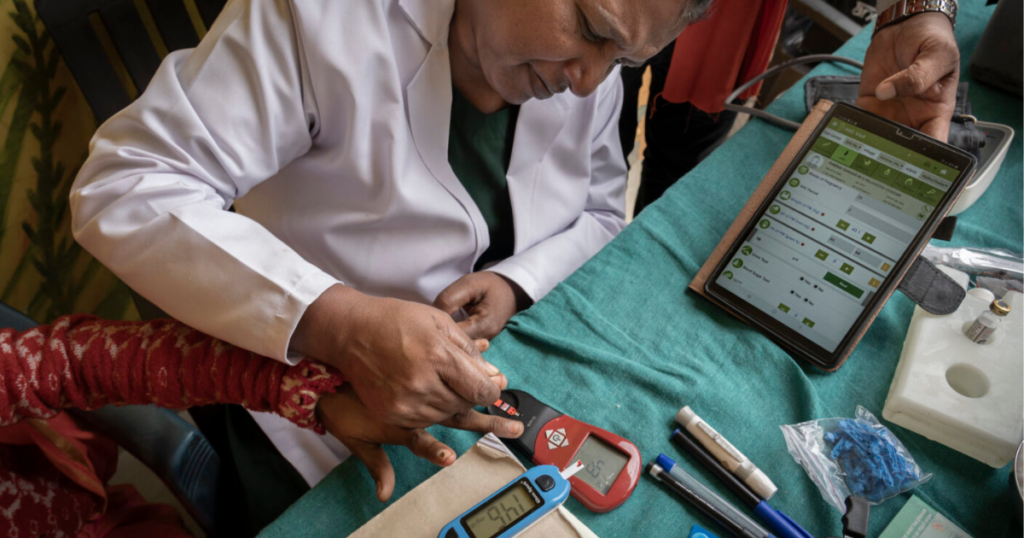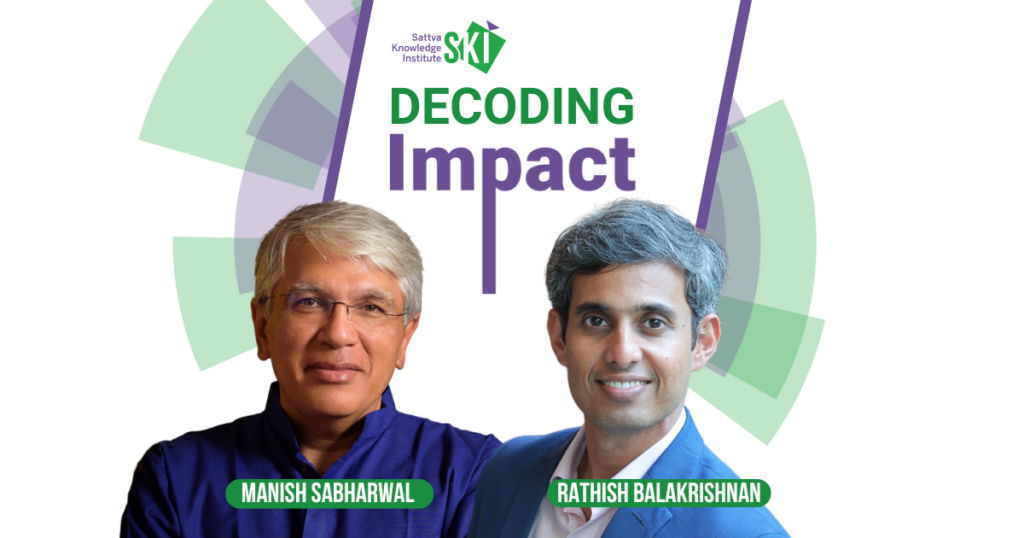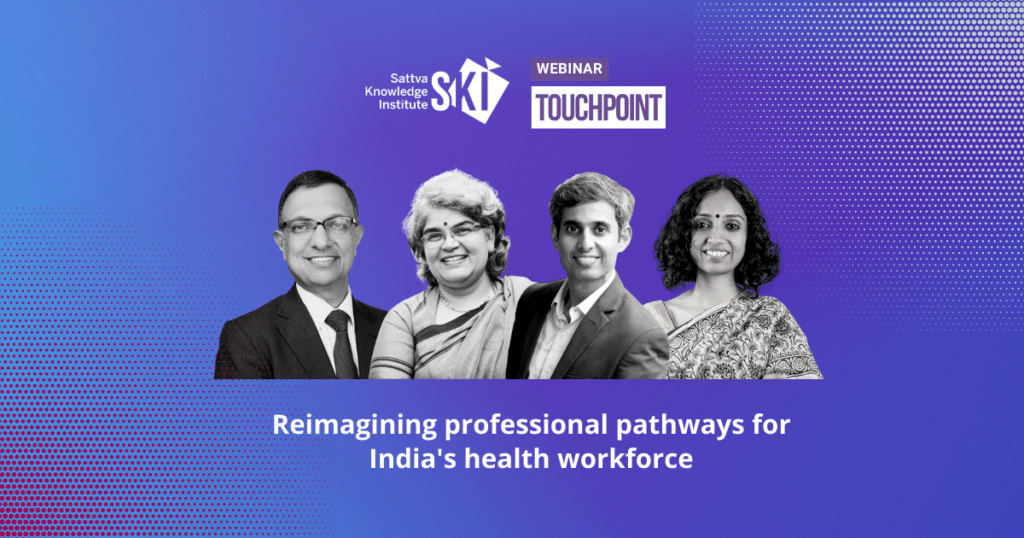On this page
The average size of landholdings in India has experienced a significant decline over the years, dropping from 2.28 hectares in 1970-71 to 1.08 hectares in 2015-16. This trend of agricultural land fragmentation is expected to persist in the future, driven by factors such as population growth, inheritance patterns, and changes in land ownership. Fragmented landholdings present several challenges, including lower productivity and limited access to credit for farmers.
Farmer Producer Organisations (FPOs) play a pivotal role in the agricultural landscape, empowering farmers, enhancing their bargaining power, and promoting sustainable agricultural practices. However, they often face significant challenges in accessing the necessary financial resources to expand their operations, invest in infrastructure, and overcome market barriers.
Why are FPOs stagnating?
FPOs, particularly those composed of smallholder farmers, face difficulties in meeting the stringent collateral requirements set by banks and financial institutions. The lack of land titles or other tangible assets that can be pledged as collateral makes it challenging for FPOs to secure loans and access working capital.
Financial institutions require comprehensive financial records, business plans, and cash flow projections to assess the creditworthiness of borrowers. However, many FPOs may lack the necessary financial literacy and accounting systems to prepare such documents, making it difficult to obtain financing.
FPOs have not been able to access investments directly from impact investors, the philanthropic ecosystem or private capital sources. While impact investors are increasingly interested in supporting sustainable agricultural practices and rural development, they do not have direct channel to finance FPOs.
Unlocking capital for FPOs through a dedicated Social Stock Exchange (SSE) in India represents a paradigm shift, with the potential to bridge the gap between impact investors and FPOs seeking funding. SSEs provide a unique platform that aligns capital with social and environmental goals, enabling investors to allocate resources to organisations that generate positive societal change.
What is a Social Stock Exchange?
The SSE is a novel concept in India that was first proposed by the Finance Minister in the budget speech for the year 2019-20. It is an electronic fund-raising platform that allows social enterprises and voluntary organisations working for the realisation of a social welfare objective to raise capital as equity, debt or as units like a mutual fund.
The exchange provides a transparent and accountable framework, ensuring that listed entities meet predefined social and environmental impact.
FPOs in India, which are registered under the Producer Companies Act (within The Companies Act 2013), are inherently categorised as for-profit enterprises (FPEs) driven by both social and commercial imperatives. This presents the opportunity for FPOs to be listed on the SSE, and access private capital to accelerate their growth.
How can an SSE listing help FPOs?
FPOs can access debt funding through social development bonds, which establish a connection between their repayments and social outcomes, while also providing them with flexible terms and conditions. Alternatively, FPOs can secure funding through social venture funds (SVFs), which not only provide capital but also extend technical assistance, mentoring, and capacity-building support to help them expand their operations and increase their impact.
On the SSE, FPOs would be relying on instruments that would reward them for achieving pre-defined social outcomes such as increasing farmers’ income, reducing poverty and enhancing food security. These instruments could help FPOs avoid mission drift or compromise on their social values while pursuing financial sustainability or growth.
Listing on the SSE allows FPOs to showcase their commitment, and establish their credibility in creating social impact while adhering to high standards of governance and transparency. This demonstration of dedication can attract a wider audience, including members, promoters, customers, partners, and supporters who align with their cause.
Creating an enabling ecosystem
The SSE offers FPOs the opportunity to access external funding through diverse financing options. Simultaneously, investors have the chance to invest in FPOs, which provides greater visibility of their impact, since the funds directly benefit last-mile farmers.
However, multiple stakeholders need to collaborate for FPOs to be onboarded onto the SSE. Ambiguity about current rules about FPOs, unsuitability of financial instruments, financial unviability and lack of impact reporting mechanisms pose challenges to this process, and need to be resolved.

This collaboration can be orchestrated by enabling the onboarding of FPOs, and unlocking the relevant capital and financial resources to meet their needs, by bring together the SSE, investors and financial institutions.

Collectivisation of smallholder farmers is the swiftest way to improve farm productivity, farmer incomes and access to resources. Additional funds accessed through SSE can allow FPOs’ to scale-up and tap into value-addition and processing, enabling them to venture beyond farm income and explore off-farm income as well in the long-term.





